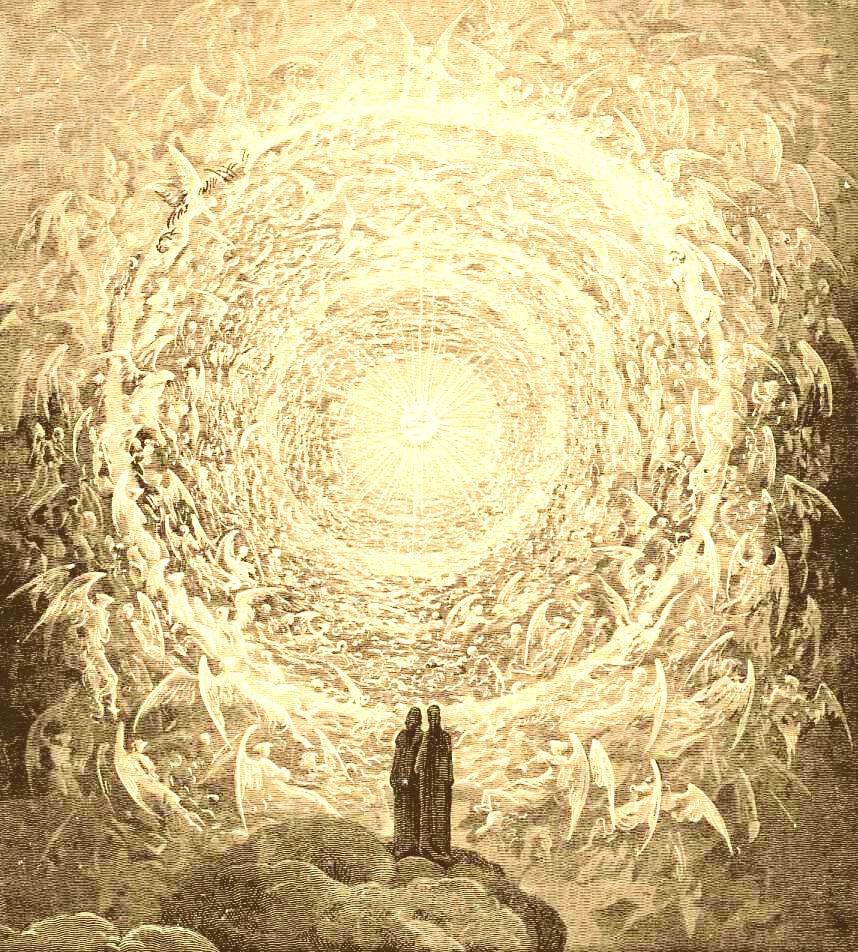Ours Is Not a Caravan of Despair: Finding Hope in the Midst of Healing Childhood Trauma
- Ewan Nicholson

- Jul 31
- 3 min read

One of the most challenging battles on the healing journey, especially when it comes to childhood trauma, is despair.
Defined as the absence or complete loss of hope, despair can feel like a wall we hit after we’ve taken those first brave steps toward healing. We think we’ve made progress, we’ve begun to look at our past, and suddenly, there it is. That hopelessness. That heaviness.
And yet, this despair might not be a sign we’re going the wrong way.
It might be the first sign that we’re finally safe enough to feel.
The Roots of Despair in Childhood Trauma
The experience of trauma in childhood is, at its core, the experience of hopelessness.
When you’re young, powerless, and hurting, and there's no one coming to save you, you learn very quickly: there’s nothing you can do. You can’t run. You can’t fight. You can’t fix it. So you cope the only way you can, by shutting down, numbing out, dissociating, forgetting.
That was survival.
But years later, when we begin to peel away those protective layers in the name of healing, we often find ourselves face to face with just how much we’ve been carrying. The full scope of it can be overwhelming. The numbness starts to wear off, and what’s underneath feels too big to bear.
We see the years lost, the damage done.
We see how far we feel from wholeness.
We think, “How the hell am I ever going to heal all this?”
And suddenly, we’re back in the despair of childhood, convinced that this mountain is too high, and that we are still too small.
Being With Despair, Not Rushing Past It
But here’s the truth that took me years to understand:
It’s okay to feel despair.
You don’t need to force your way out of it.
You don’t need to cover it with positive thinking or rush toward some imagined resolution.
You just need to be with it.
To sit in it.
To witness it.
To acknowledge it without running away.
Because that act alone, being present with your pain, is evidence that healing is already happening.
To feel despair means that you are starting to feel again.
It means your nervous system, once locked in survival, now trusts you enough to let this pain surface.
And when we can feel… we can heal.
The Hope Beneath the Hopelessness

Here’s something strange I’ve discovered:
If you can stay with your despair, not forever, just long enough, something else often arises.
Something quiet.
Something ancient.
Something alive.
A soft murmur of hope.
Not a hope built on fantasy or delusion.
But a hope that says, “Even here… love still exists.”
Even in the middle of your brokenness, your shame, your confusion, there is love in you.
There always was.
It may have been covered over, buried, silenced.
But it never left.
Ours Is Not a Caravan of Despair
There’s a poem by Rumi that’s travelled with me for years:
“Come, come, whoever you are.
Wanderer, worshipper, lover of leaving,
It doesn’t matter.
Ours is not a caravan of despair.
Come, even if you’ve broken your vow a thousand times,
Come, yet again, come.”
Those lines hit something deep inside me.
Because they remind me: there is no deadline for returning to love.
No failure so complete that grace cannot meet you there.
No matter how lost, how ruined, how far gone you feel,
you are not beyond reach.
The Journey Back to Your Loving Essence
For me, healing trauma hasn’t been about becoming someone new.
It’s been about returning to something ancient and tender inside me that trauma severed me from.
That loving essence is still in there.
It may feel far away right now. But it’s closer than you think.
As the mystic Julian of Norwich wrote:
“God is nearer to us than our own soul.”
So, If This Isn’t a Caravan of Despair… What Is It?
If we’re not doomed, not broken beyond repair, not fated to forever carry this ache...
Then what is this path we’re on?
What are we walking toward?
That’s the beautiful question. And it’s yours to explore.
To imagine.
To embody.
To live.
We all come from different stories. Different wounds.
But we share a common journey: the journey home, to love, to presence, to a kind of hope that doesn’t need to be earned.
So, to you, reading this now:
If you’re in despair, stay close.
Don’t rush. Don’t fix. Just stay.
And know that something deeper is waiting for you.
Not someday, but now.
Right beneath the surface of your pain.
Ours is not a caravan of despair.
And I’m glad you’re here.
_edited.jpg)



Comments